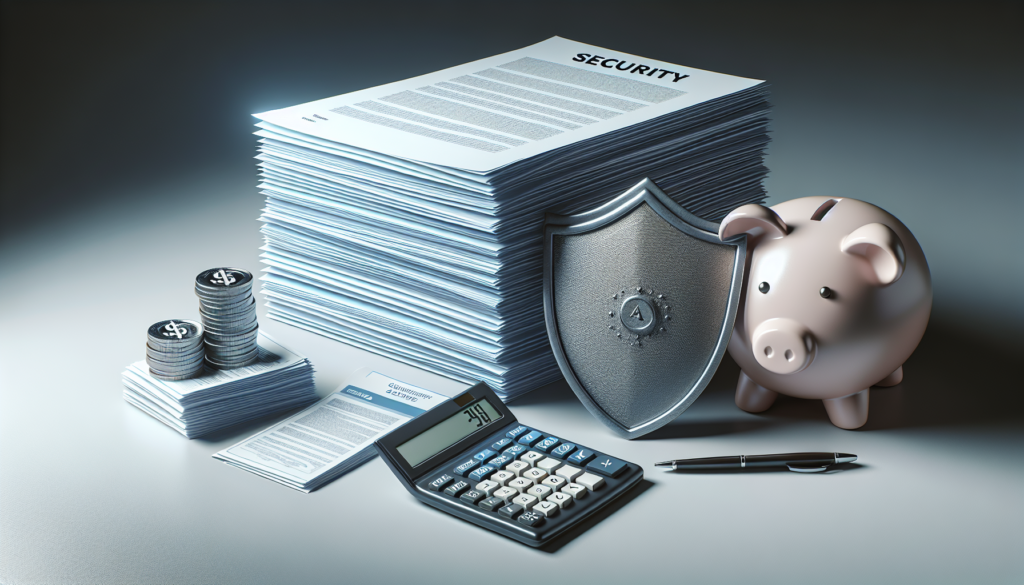
Filing for Chapter 7 bankruptcy can temporarily stop the IRS from collecting most tax debts due to the automatic stay that goes into effect when you file for bankruptcy. The automatic stay is a legal injunction that halts creditors, including the IRS, from collection actions against you during the bankruptcy process. However, there are important nuances and exceptions to understand regarding how Chapter 7 bankruptcy affects IRS collections.
Impact of Chapter 7 on IRS Collections:
- Automatic Stay: Upon filing Chapter 7, the automatic stay immediately stops the IRS from initiating or continuing any collection actions, including garnishing your wages, levying your bank accounts, or seizing your assets. This gives you temporary relief from IRS collection efforts while your bankruptcy case is active.
- Dischargeable Taxes: Not all tax debts are dischargeable in Chapter 7 bankruptcy. Certain income tax debts may be eliminated if they meet specific criteria, such as being due at least three years before you file for bankruptcy, being assessed by the IRS at least 240 days before filing, and relating to a tax return that was filed on time and at least two years before the bankruptcy filing. Taxes associated with returns that were never filed or filed fraudulently, as well as payroll taxes and penalties related to non-dischargeable taxes, typically cannot be discharged.
- Non-Dischargeable Taxes: If the tax debt is considered non-dischargeable, the IRS can resume collection actions once the bankruptcy case is closed. This includes taxes that don’t meet the discharge criteria, recent tax debts, trust fund taxes from employee withholdings, and certain penalties.
- Tax Liens: If the IRS placed a tax lien on your property before you filed for bankruptcy, the lien might remain even if the underlying tax debt is discharged. The lien will continue to attach to any property you owned before filing for bankruptcy, but it won’t attach to property you acquire after the bankruptcy filing.
- Chapter 7 Case Duration: Since Chapter 7 bankruptcy cases are relatively quick, typically lasting 3 to 6 months, the IRS won’t be able to collect during that time. However, once the case is closed, the IRS can resume collection actions for any non-dischargeable debts.
- Offer in Compromise and Payment Plans: If you have non-dischargeable tax debts after Chapter 7, you might consider negotiating an offer in compromise or setting up a payment plan with the IRS to resolve the remaining debt.
While Chapter 7 bankruptcy can provide temporary relief from IRS collections and potentially discharge certain older tax debts, it doesn’t universally eliminate all tax liabilities. It’s crucial to understand which of your tax debts might be dischargeable and to have a plan for dealing with any remaining tax obligations after bankruptcy. Consulting with a bankruptcy attorney and a tax professional can provide you with guidance tailored to your specific situation and help you navigate the complexities of bankruptcy and tax laws.


Get a Free Bankruptcy Case Evaluation